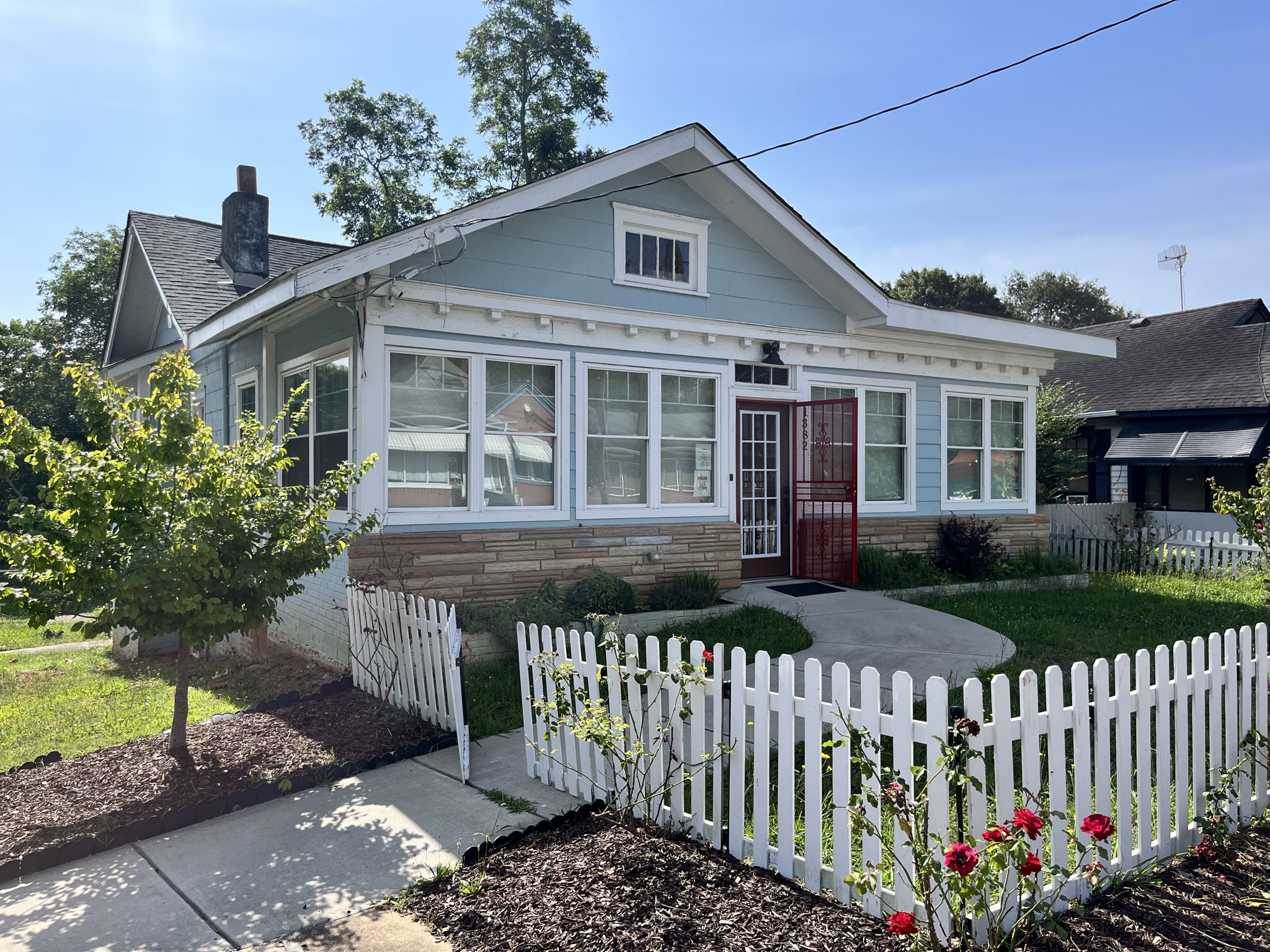Welcome to the Transitional Youth Peer Center (TYPC), a distinctive program dedicated to supporting young adults aged 17-26 navigating mental health challenges throughout the pivotal transition from adolescence to adulthood. At TYPC, certified peer specialists and peer mentors draw from their personal experiences to mentor and collaborate with program participants, offering guidance in essential areas such as life skills, education, employment, and community engagement.
Program Goals
At the Transitional Youth Peer Center, young adults who have successfully navigated the challenges of transitioning into adulthood and overcoming mental health obstacles serve as peer mentors, offering support to those currently undergoing similar experiences. This form of support acknowledges the strength of shared experiences in fostering understanding, resilience, and positive outcomes.
Youth Peer Support at TYPC
- Shared Experience: Youth peer support is grounded in the shared experiences of individuals who have faced similar issues. This shared understanding creates a unique and empathetic connection.
- Mentoring and Guidance: Youth peer supporters act as mentors, offering guidance and practical advice based on their personal journeys. They may help peers develop coping strategies, navigate challenges, and set goals for personal growth.
- Empowerment: The goal of youth peer support is often to empower individuals to take an active role in their own well-being. This empowerment can lead to increased self-confidence and a sense of control over one's life.
- Non-Judgmental Support: Peer support provides a non-judgmental and accepting environment where individuals can openly discuss their concerns and feelings. This can contribute to reducing stigma around mental health.
- Skill Building: Peer supporters may assist their peers in developing life skills, coping mechanisms, and strategies to manage stress or other mental health challenges.

Educational Opportunities
Education is the key to success and each young adult is encouraged and supported to pursue a high school diploma or general education degree (GED). The TYPC also assists participants with opportunities for post-secondary education including a college degree, technical school, or certificate program and provides trade union opportunities. The TYPC also provides linkage to other community partners through which young adults can learn trades.
Employment/Career
All youth receive a written vocational evaluation to help them determine which types of careers may best suit their strengths, interests, and desires. The TYPC provides vocational support through training on work-related subjects. These subjects include how to write a resume, selling yourself in an interview, how to maintain a job, and how to advance in your chosen field. The TYPC also provides experiential learning to clients by means of role play, work simulation, and volunteer work. The TYPC uses these experiential learning opportunities to assist the client on all areas related to attaining and maintaining a job and follows them throughout the employment process to ensure they are given the best opportunity possible for a successful career.
Independent Living
Living situations and arrangements can be challenging for young adults who have a history of mental illness, emotional disturbance, and/or behavioral differences. The TYPC strives to find housing/living situations that enhance the participant's quality of life. Housing/living options are explored with each participant.
GPSN works with other agencies to identify appropriate and available housing. Even after living arrangements have been made, the young adult continues to receive formal and informal support.
Community Life
The TYPC assists young adults with finding their place in the community.
- Leisure Activities - The TYPC helps young adults develop an individualized plan for safe leisure-time activities that support their areas of interest.
- Relationships - Young adults learn how to choose friends who will have a positive influence on their lives and how to develop and maintain productive relationships with others in the community.
- Problem-Solving Skills - One-on-one and group counseling sessions help young adults learn how to relate with and in their community.
- Community Social Support - Young adults receive assistance and support from workplace, education, and agency volunteers as well as family and friends as they transition to adult roles and responsibilities.
Ready to find out more?
Feel free to reach out and discover the exciting world of TYPC! Whether you're eager to learn more or ready to jump into the program, drop us a line today and embark on a journey of growth and opportunity.
